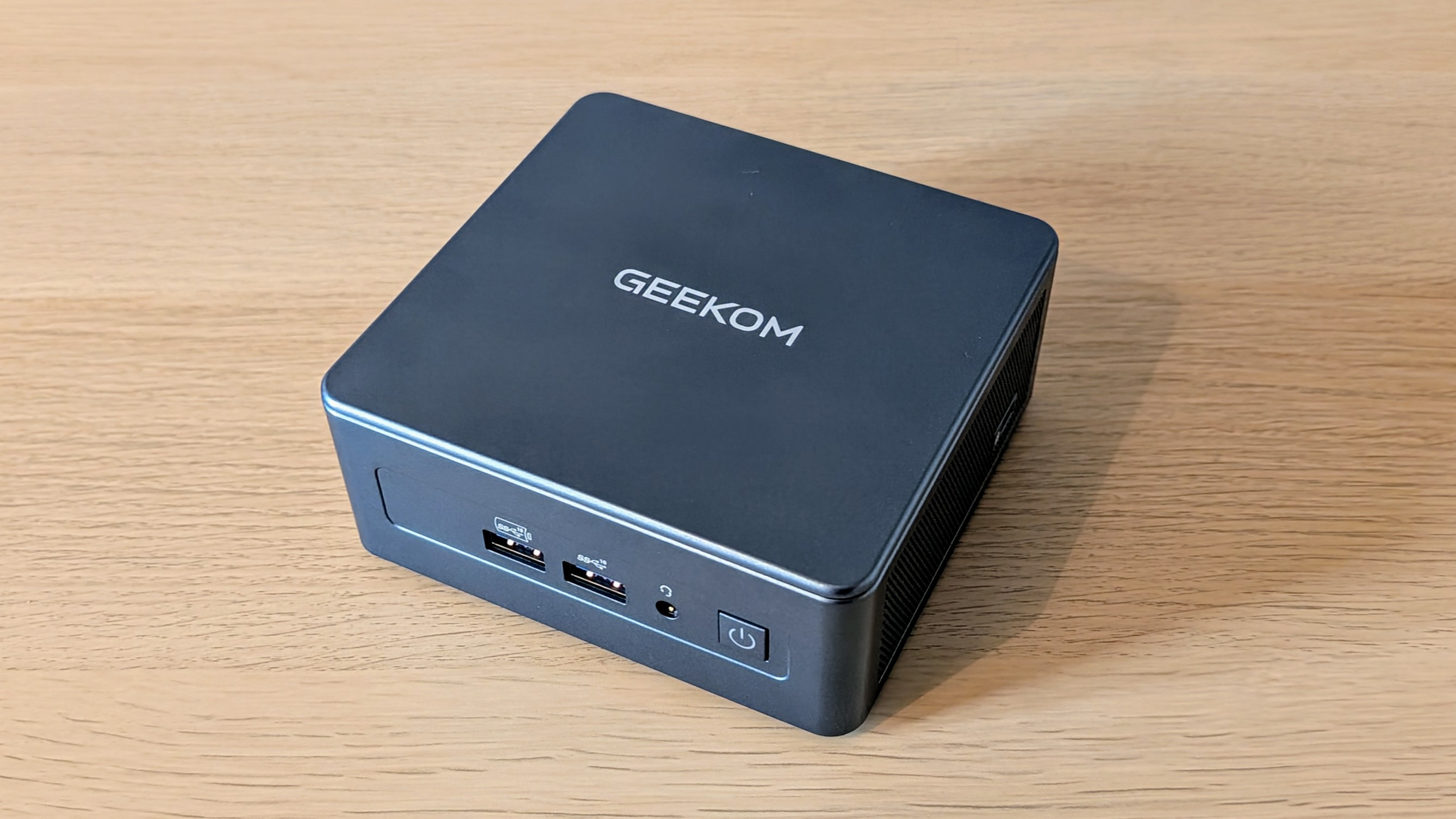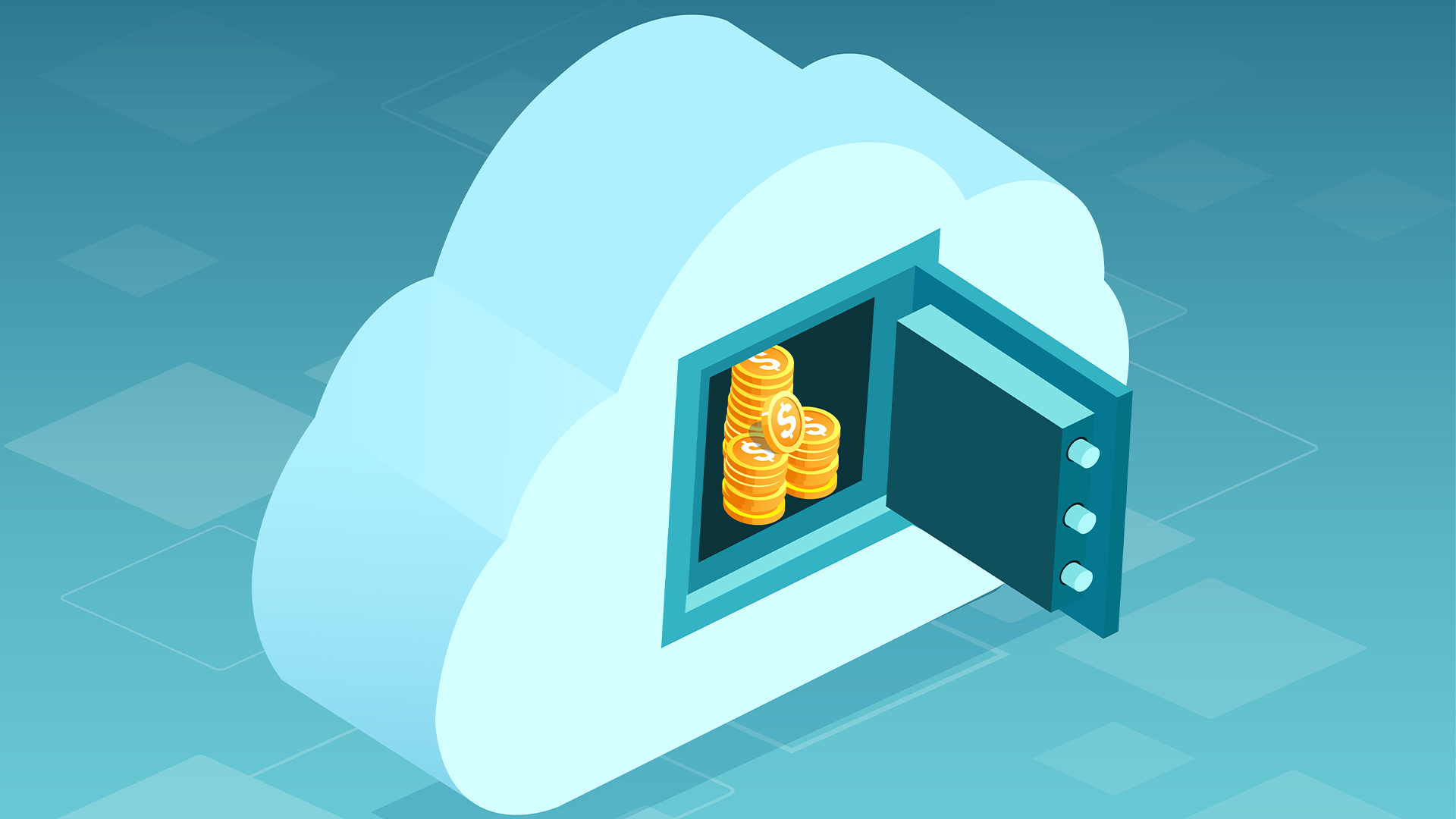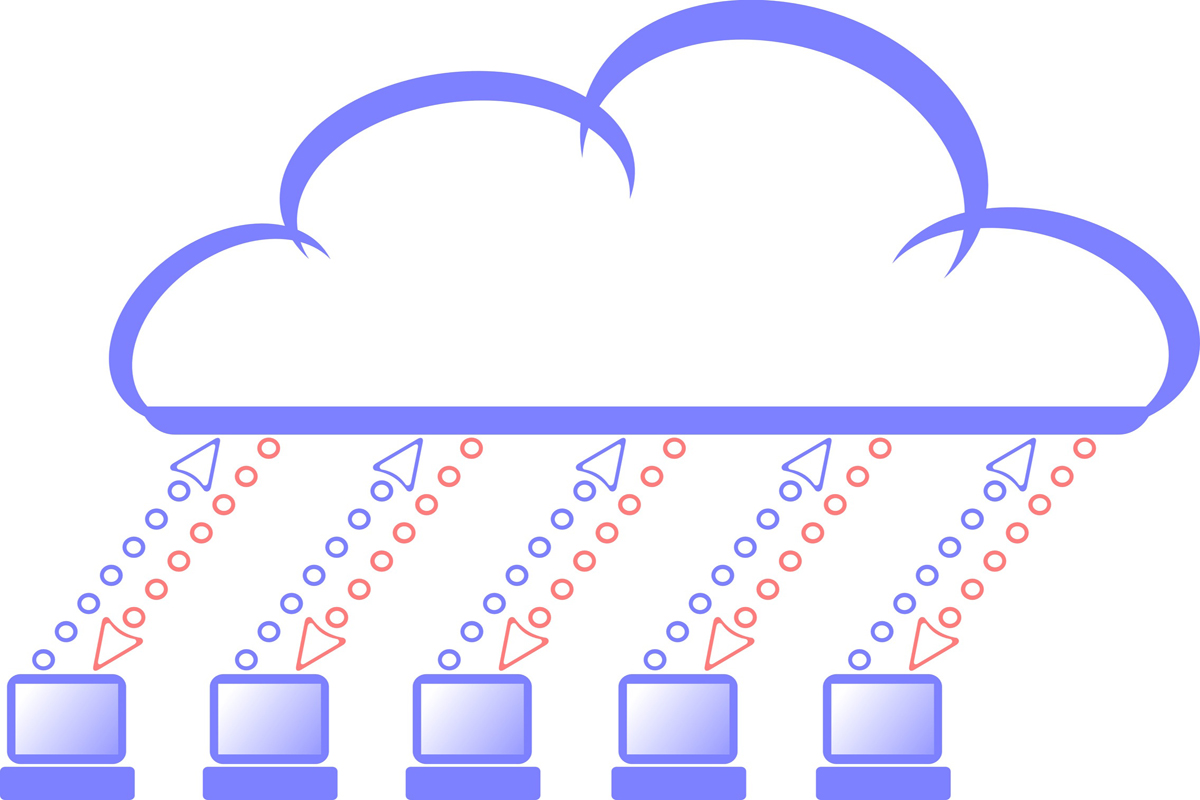"Missed expectations" are driving the cloud repatriation trend – but it’s not as bad as you might think
While fewer than one-in-ten companies are migrating back in house, analysts say it's no surprise given costs


IDC has warned that the growing trend of cloud repatriation is driven by missed expectations, largely around the growing costs of running workloads in the cloud.
The report comes a week after 37 Signals — the SaaS company behind Basecamp — has revealed it will save $10 million over five years by ditching the cloud in favor of investing in its own hardware.
And we can expect more companies to follow that lead, though IDC said repatriation is a growing trend, but not "a wholesale migration." Indeed, the analyst firm's own research suggests only 8-9% of companies plan a full workload repatriation, with most moving only specific workloads back in house.
"Cloud computing has been heralded as the panacea for modern IT challenges, promising scalability, flexibility, and cost savings," IDC said. "However, as the cloud landscape matures, many organizations are finding that the reality of cloud adoption does not always align with their expectations."
Cost is one aspect driving repatriation, with IDC research showing half of organizations spent more on cloud than expected last year, with 59% expecting similar cost overruns this year.
"The complexities of cloud environments, coupled with unforeseen external influences, make it challenging to forecast costs accurately," IDC said. "Factors such as the increasing cost of third-party services, energy costs, and the financial implications of new technologies like GenAI are contributing to these budget blowouts.
It’s not just costs driving cloud repatriation efforts
IDC said the cloud repatriation trend wasn't just about fluctuating costs, but performance and security concerns, too. The cloud isn't necessarily suitable for all workloads, IDC said, causing concerns with performance and latency.
Get the ITPro daily newsletter
Sign up today and you will receive a free copy of our Future Focus 2025 report - the leading guidance on AI, cybersecurity and other IT challenges as per 700+ senior executives
"For instance, technical and AI-related workloads often experience performance bottlenecks in public cloud environments, prompting organizations to consider repatriation," IDC said.
Another challenge is security and compliance, with IDC saying cloud companies do offer advanced security measures, but that hasn't been enough to assuage concerns by organizations operating in sensitive industries, such as finance and healthcare.
"As a result, production data and backup/disaster recovery processes are among the most repatriated elements of workloads."
Beyond technical complaints, IDC said managing multi-cloud or hybrid cloud setups has become "incredibly complex". That can lead some companies to reconsider their cloud strategies, as it makes it costly to manage and difficult to secure data across multiple platforms.
IDC added that larger companies are more likely to repatriate than smaller businesses. "This is due to their greater resources, larger workloads, and more complex IT environments," IDC added. "Economic factors and comprehensive workload strategies also play a role in driving repatriation activities among large enterprises."
Millions for 37 Signals
Back in 2023, 37 Signals' CTO David Heinemeier Hansson said the company had looked at its setup and decided it made more sense to ditch the cloud because of the "grotesque" costs. Instead of shelling millions on its cloud bill, the company would invest in its own hardware.
The repatriation project has taken years, largely because of the length of cloud contracts — some stretch for up to four years, meaning 37 Signals won't be able to move all of its setup in-house for some time yet.
But in the meantime, the company has reported significant savings. Hansson has said the company will save $10 million over five years, which is three million dollars more than 37 Signals predicted when it set out on the project.
RELATED WHITEPAPER

Of course, there are significant hardware investments to be made, but Hansson said that was recouped in the first year — and that's for hardware the firm expects to use for several years. The company has stressed that the repatriation project isn't just about cost savings, but the flexibility to try experiments and innovate.
Hansson suggested all companies should consider repatriation, but warned it may not make sense for everyone.
"Now, as with all things cloud vs on-prem, it's never fully apples-to-apples. If you're entirely in the cloud, and have no existing data center racks, you'll pay to rent those as well — but you'll probably be shocked at how cheap it is compared to the cloud," he wrote at the time.
Freelance journalist Nicole Kobie first started writing for ITPro in 2007, with bylines in New Scientist, Wired, PC Pro and many more.
Nicole the author of a book about the history of technology, The Long History of the Future.
-
 Geekom Mini IT13 Review
Geekom Mini IT13 ReviewReviews It may only be a mild update for the Mini IT13, but a more potent CPU has made a good mini PC just that little bit better
By Alun Taylor
-
 Why AI researchers are turning to nature for inspiration
Why AI researchers are turning to nature for inspirationIn-depth From ant colonies to neural networks, researchers are looking to nature to build more efficient, adaptable, and resilient systems
By David Howell
-
 Cloud spending soars in financial services – but it's not all plane sailing for another key European industry
Cloud spending soars in financial services – but it's not all plane sailing for another key European industryNews The banking industry is ramping up cloud spending more than any other sector, according to new research from IDC.
By Emma Woollacott
-
 Public cloud investment surged nearly 20% in 2023 – and analysts predict global spending will reach $1.6 trillion by 2028
Public cloud investment surged nearly 20% in 2023 – and analysts predict global spending will reach $1.6 trillion by 2028News Global public cloud spending is expected to reach $800 billion in 2024 as firms shake off the post-pandemic blues and ramp up AI adoption
By Emma Woollacott
-
 Big data to drive European cloud uptake
Big data to drive European cloud uptakeNews IDC claims private and hybrid cloud deployments are the preference of Western European utility companies.
By Rene Millman
-
 IDC warns of ‘cloud wars’ in 2012
IDC warns of ‘cloud wars’ in 2012News The analyst firm claims now cloud is established, the fight is on for who will be the dominating vendors.
By Jennifer Scott
-
 IDC releases cloud boom predictions
IDC releases cloud boom predictionsNews Analysts reveal scope of cloud growth for next four years.
By Paul Briden
-
 'A lot at stake' in VMware's Mozy take-over, analysts warn
'A lot at stake' in VMware's Mozy take-over, analysts warnNews EMC's big Mozy spin-off has risks as well as synergies but analysts agree it's all about cloud consolidation.
By Dan Hatch
-
 Cloud hardware platforms gain popularity
Cloud hardware platforms gain popularityNews A new survey from the Yankee Group shows movement towards IaaS in the US, but European adoption is also gaining momentum.
By Eric Doyle
-
 IDC: SaaS set to skyrocket
IDC: SaaS set to skyrocketNews The SaaS market will see revenue growing five times faster than the packaged software segment, according to IDC.
By Tom Brewster